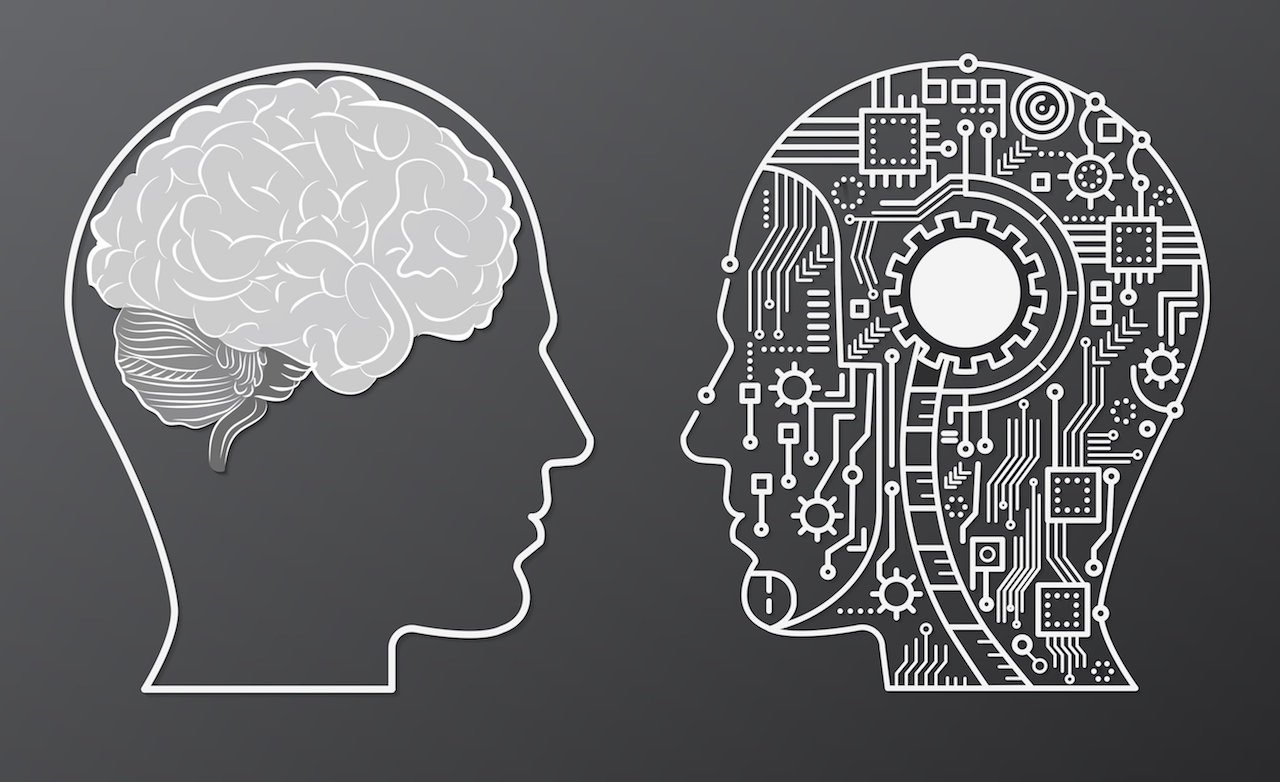Well, the writing is on the wall – and I don’t mean from copywriters, but machines. Artificial intelligence (AI) content generators have been popping up for years, but they’re growing in popularity as small and medium-sized businesses seek to scale content production and compete with larger organizations.
Tools like the Generative Pre-Trained Transformer, or GPT-3, use deep machine learning as an OpenAI tool (which companies like Jasper AI have taken off with), while others like Fraser are coming up with their own proprietary AI software.
But this isn’t a new concept. In fact, people have been using programming languages to write things for decades. Alison Knowles used FORTRAN to write poems as far back as 1967 while 1984 introduced the first written book by a machine (prophetic in year, perhaps?).
But as AI writing assistants gain more mainstream popularity among small businesses and marketing teams that want to scale production without expending more labor, the question we need to ask is this: are AI content generators really the miracle cure they claim to be, or are they a liability to your brand?
Read on to learn about the pros and cons of using AI for content generation on your website.
Understanding How Google Views AI Content Generators
First things first, allow me to set aside my personal opinions and explore the cold hard facts about how Google views AI generated content.
According to Google’s Search Advocate, John Mueller, automatically generated content written by AI tools is considered SPAM and can lead to a manual penalty – if detected. In such cases, Google’s webspam team would be authorized to take action. But the extent to which Google is able to detect AI written content without human assistance remains unclear.
Many companies have been successfully using AI content generators for years to overcome language and literacy barriers. However, Google does not take into consideration how the content is being used and publishing AI generated content in any capacity currently goes against the webmaster guidelines. So this is something to consider before using software to write your web pages.
Pros of Using AI for Content Generation
Using an AI content generator doesn’t automatically make you wrong. As mentioned earlier, there are cases where using AI written content can improve the user experience. It’s all in how you use the tools that can make a difference. For example, combining the strengths of human writers and AI to augment the quality and uniqueness of content could be seen as a positive use case
To better understand the pros and cons so you can use discretion around AI content generators for your business, I’ve made a handy list for you. Here are some pros:
Minimize Plagiarism and Bias
The great thing about machine learning is precisely as it sounds – it learns and iterates what it does based on the data it’s fed. AI content generator tools have been used to produce millions of websites, documents, books, and more to create desired styles and outcomes (which is a double-edged sword, but can be helpful). It can also detect plagiarized writing and grammatical errors from being published that could’ve been missed from a fatigued or distracted human eye.
Drastically Increases Content Volume
Machines don’t get writer’s block, nor do they tire, so you can enjoy an endless list of suggestions and options with keywords and other copy options depending on your business’s needs. If you have a specific template or formula you use such as a “Friday feature roundup,” content generators are able to churn this content out quickly and efficiently.
Research Automation
Both the Associated Press and the Washington Post use AI for content generation. WaPo’s Heliograph has been used as of 2016 to write hundreds of articles, and AP’s as early as 2014. Leveraging AI to collate data and research from the internet can be useful to reduce the time it takes in the initial stages of planning an article.
Cons of Using AI for Content Generation
I don’t want to give the impression that AI content is some kind of “ultimate hack” that will solve all your problems without repercussions. Consider these drawbacks before you hire a bot to write 100% of your content:
Lacks Pathos
A big part of what makes writing so difficult to replicate is that, as humans, we resonate with emotional language; with storytelling. While an AI content generator can certainly use patterns and write something that makes logical sense, it will be easy for any person to figure out it’s lacking that intangible human quality.
Think of those memes where you see “I forced a bot to watch over 1,000 hours of Olive Garden commercials and then asked it to write an Olive Garden commercial of its own” as an example. Sure, you’ll crank out high volumes of content, but it will likely come off as inauthentic to your desired audiences.
One-Dimensional Ideas
You’ll never get that “Aha” moment from an AI content generator alone. It’s a great tool in the arsenal, but currently, machines aren’t coming up with ideas for your next social media campaign. While an AI can certainly give you title options for your blogs from SEO data and be the impetus for someone scanning for ideas to come up with something incredible, don’t expect it to “Steve Jobs” your company (not anytime soon, anyway).
Still Requires Human Intervention
Jeff Coyle’s article said it best on a GPT-3 study of its written pieces:
“Experts pointed out that the Guardian essay was actually eight different 500-word essays stitched together by editors, who picked the most usable parts from each piece. Out of 4,000 total words, the editors could salvage 500 of them for the final essay. That means, on average, each of the original eight articles contained about 60 words – or 12% of the total words – of usable content.”
Many of these solutions are, dare I say, falling into the same trap as many automation processes in saying it’s a miracle and a one-stop shop solution for writing 100% of articles on your behalf.
Without someone vetting your content, you could run into some risks. Using a human writer who knows the nuance required to write content toward a specific audience is much-needed (especially if you’re in a specific niche or industry). The very real possibility remains for insensitive or poorly-worded content – solely generated on formulas and patterns without consideration toward current events – could put you in a difficult situation.
Weigh Your Options With AI Content Generators
It’s fair to say that many companies have benefited from using AI for content generation. That said, nothing (yet) exists to replace the skills and emotional intelligence of an expert copywriter. Admittedly, I’m a bit biased on this subject, but if the Google algorithm has taught us anything as marketers, it’s this: it rewards content that prioritizes end users. So all the logistical elements of SEO aside, focus on content that speaks to your target audience(s) and solves their problems – and the rest will come in time.
Strategically pairing a writer with an AI content generator as a tool is the best way to leverage the software today, but we’re not in a place technologically to replace writers. And I, for one, am more than okay with that.







.jpg)



.jpg)





![5 Reports to Elevate Your HubSpot Sales Dashboard [+ Examples]](https://blog.webitmd.com/hs-fs/hubfs/Imported_Blog_Media/6-winning-examples-of-a-hubspot-sales-dashboard-2.png?width=767&name=6-winning-examples-of-a-hubspot-sales-dashboard-2.png)